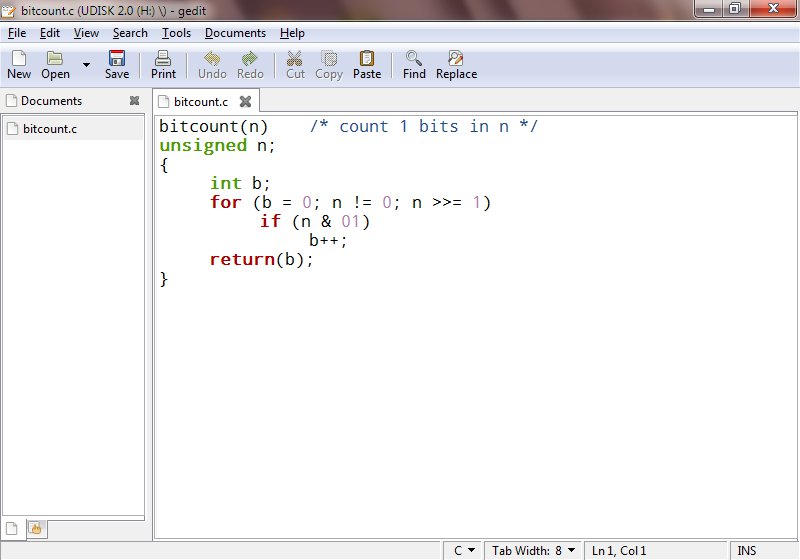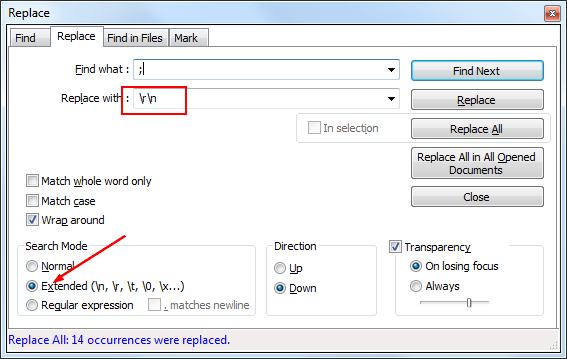

For example, if you use \s+ as part of your regex, you may be surprised to find you have matched text across lines Note that characters \r and \n are treated as whitespace.To continue a match to the next line, follow. * matches characters on the current line, like vi. in the Replace field to use captured text Use Perl-like variables $1, $2, $3 etc.

the \ character is the escape character inside ) The special characters are the following: Where regular expressions differ to normal text is that they give special meaning to certain characters, allowing you to specify textual 'patterns' rather than just literal text. At the simplest level, a regular expression is no different to the text you type into the edit field of a Find dialog. I think it is safe to assume that anyone who has used a modern computer will have used Find and/or Replace dialogs in more than one application that allows text processing, whether it is Notepad, a word processing program, or a web browser. The Find/Replace dialog is written from scratch - FindReplaceDlg.cpĪ Regular Expression is simply some text.You can open and re-save UNIX text files correctly - notepadreDoc.cpp.Unicode is supported - notepadreFile.cpp.You can open a text file bigger than 1 MB - notepadreView.cpp.


Replace All is improved compared to normal Notepad, as it builds a new text file in memory and replaces the entire text at once when it has finished. Note that the intention is for the boost::regex library to eventually become part of the C++ Standard Library. The boost::regex library is used for regex support. The main feature is that you can Search and Replace optionally using regular expressions.


 0 kommentar(er)
0 kommentar(er)
